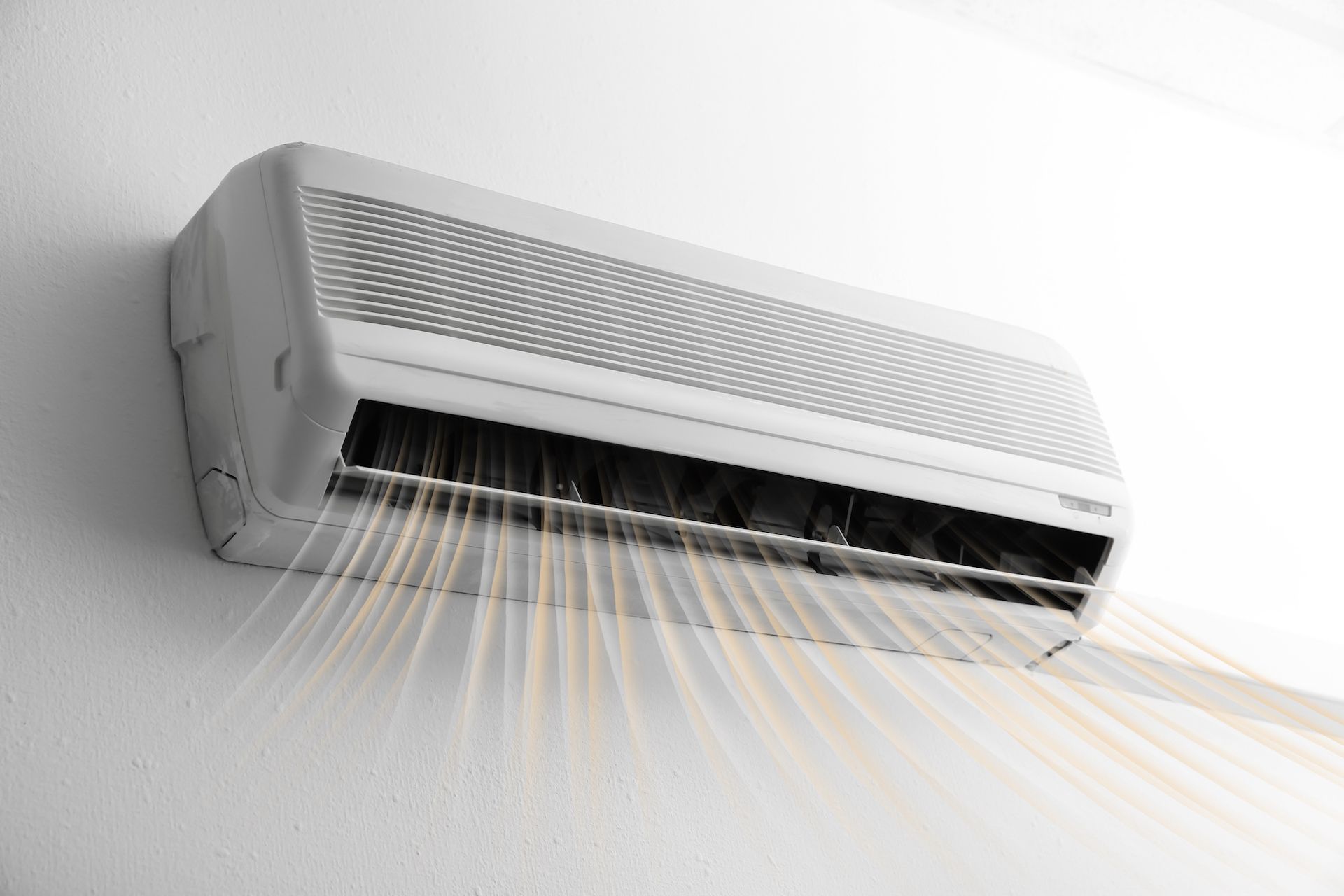What's the Right Level of Humidity for Your Home's Comfort and Health?

Humidity is an important factor for your home's comfort and health. Too much or too little humidity can cause health and comfort issues, so it's important to keep your home's humidity level balanced. Humidifiers are used to raise the humidity in the home, but it's important to know the right level of humidity that should be present in your home. In this blog post, we will discuss the right level of humidity for your home's comfort and health, and why people use humidifiers in their home, as well as the benefits to having the right level of humidity inside of your house.
What is the Ideal Level of Humidity for Your Home?
The ideal level of humidity for your home is generally between 30% and 50%. This range ensures a comfortable and healthy living environment for you and your family. If the humidity levels in your home fall below 30%, the air can become too dry, which can lead to various health issues such as dry skin, irritated eyes, and respiratory problems. On the other hand, if the humidity levels rise above 50%, it can create a breeding ground for mold, mildew, and dust mites, which can trigger allergies and respiratory issues.
To measure the humidity levels in your home accurately, you can use a hygrometer, which is readily available in most home improvement stores. By monitoring and adjusting the humidity levels accordingly, you can create a comfortable and healthy living environment for you and your family.
The Benefits of Proper Humidity in Your Home
Maintaining proper humidity levels in your home can have numerous benefits for both your comfort and overall health. Here are some of the key advantages of having the right level of humidity in your living space:
- Improved Respiratory Health: Dry air can irritate the respiratory system, leading to symptoms like dry throat, itchy eyes, and congestion. By adding humidity to the air, you can help alleviate these discomforts and prevent respiratory issues such as asthma and allergies.
- Enhanced Skin Hydration: Low humidity levels can cause dry and itchy skin, making it more prone to irritation and sensitivity. Proper humidity in your home helps keep your skin hydrated, promoting a healthier and more radiant complexion.
- Reduced Risk of Infections: Viruses and bacteria thrive in low humidity environments. By maintaining optimal humidity levels, you can decrease the chances of respiratory infections and viruses spreading, helping to protect you and your family from illnesses.
- Prevented Damage to Furniture and Woodwork: Dry air can cause wooden furniture, flooring, and other woodwork to shrink and crack. Proper humidity levels prevent this damage, preserving the beauty and longevity of your wooden belongings.
- Enhanced Comfort: Balanced humidity makes the air feel more pleasant and comfortable, reducing static electricity and preventing dry eyes, itchy throat, and static shocks.
By investing in a humidifier and maintaining the recommended humidity level of around 40-50% in your home, you can enjoy all of these benefits and create a healthier, more comfortable living environment for you and your loved ones.
Signs That Your Home's Humidity Levels are Too High or Too Low
Signs that your home's humidity levels are too high include condensation on windows and walls, a musty odor, mold growth, and a clammy or sticky feeling in the air. Excessive humidity can promote the growth of mold and mildew, which can lead to respiratory problems and allergic reactions. It can also damage furniture, walls, and wooden floors.
On the other hand, signs that your home's humidity levels are too low include dry skin and hair, static electricity, and cracked furniture or paint. Low humidity can cause dryness and irritation of the eyes, nose, and throat, exacerbating respiratory issues such as allergies and asthma. It can also damage wooden furniture and musical instruments.
Tips for Controlling Humidity Levels in Your Home
Controlling humidity levels in your home is important for both your comfort and health. Here are some tips to help you maintain the ideal level of humidity:
- Use a hygrometer: Invest in a hygrometer to monitor the humidity levels in your home. This device will give you accurate readings and help you determine if you need to increase or decrease humidity.
- Ventilate properly: Proper ventilation is crucial in maintaining optimal humidity levels. Open windows and use exhaust fans when cooking or showering to remove excess moisture from the air.
- Fix leaks and moisture sources: Inspect your home for any leaks or sources of moisture. Fixing these issues will prevent excess humidity and the growth of mold and mildew.
- Use dehumidifiers: If your home has high humidity levels, consider using a dehumidifier. These devices remove excess moisture from the air, creating a more comfortable living environment.
- Consider using a humidifier: In dry climates or during the winter months when indoor heating dries out the air, using a humidifier can help increase humidity levels. This can prevent dry skin, irritated sinuses, and static electricity.
- Properly seal windows and doors: Ensure that your windows and doors are properly sealed to prevent moisture from entering your home.
- Maintain a comfortable temperature: Keeping your home at a comfortable temperature can help regulate humidity levels. Avoid excessively high or low temperatures, as they can impact humidity.
By following these tips, with the help of Cerrone Plumbing & HVAC, you can effectively control humidity levels in your home and create a healthier and more comfortable living environment for you and your family. Give us a call today!
- Hits: 782